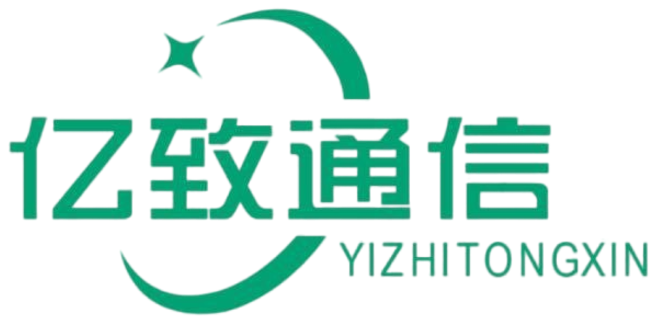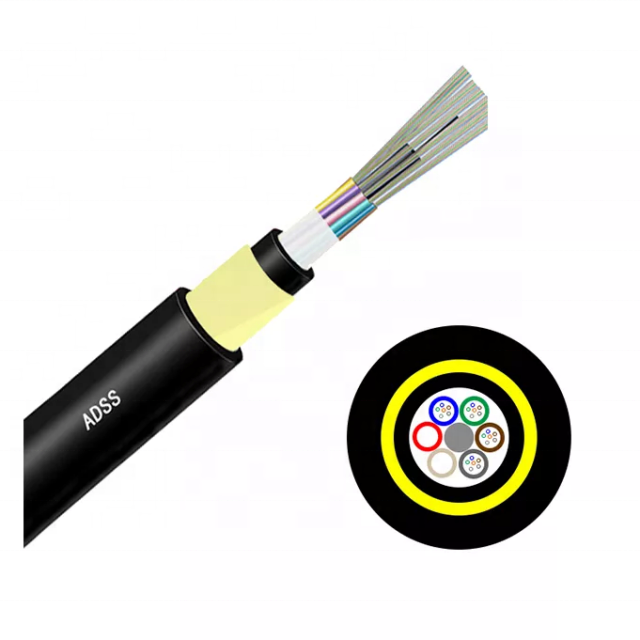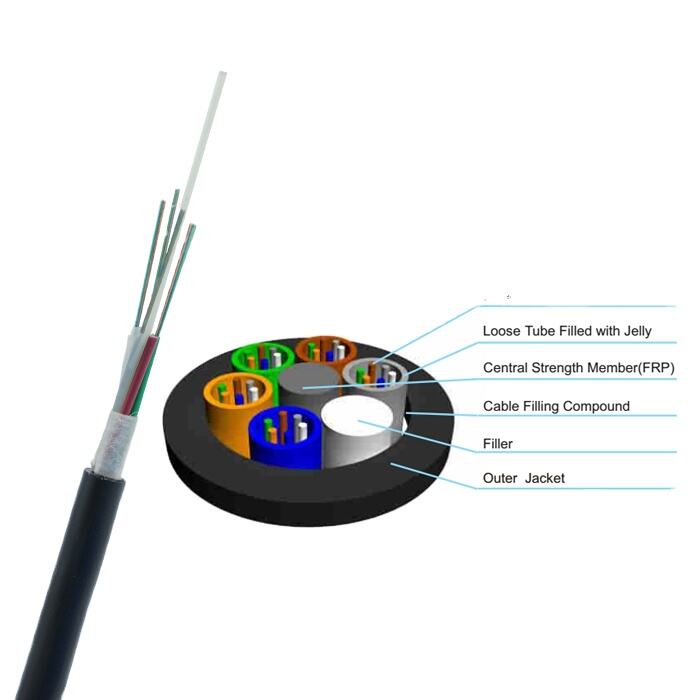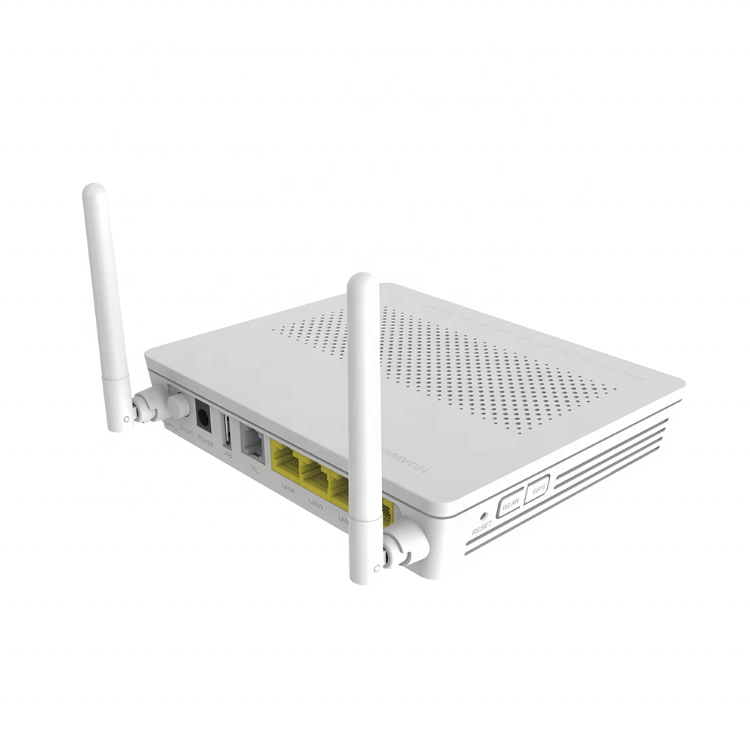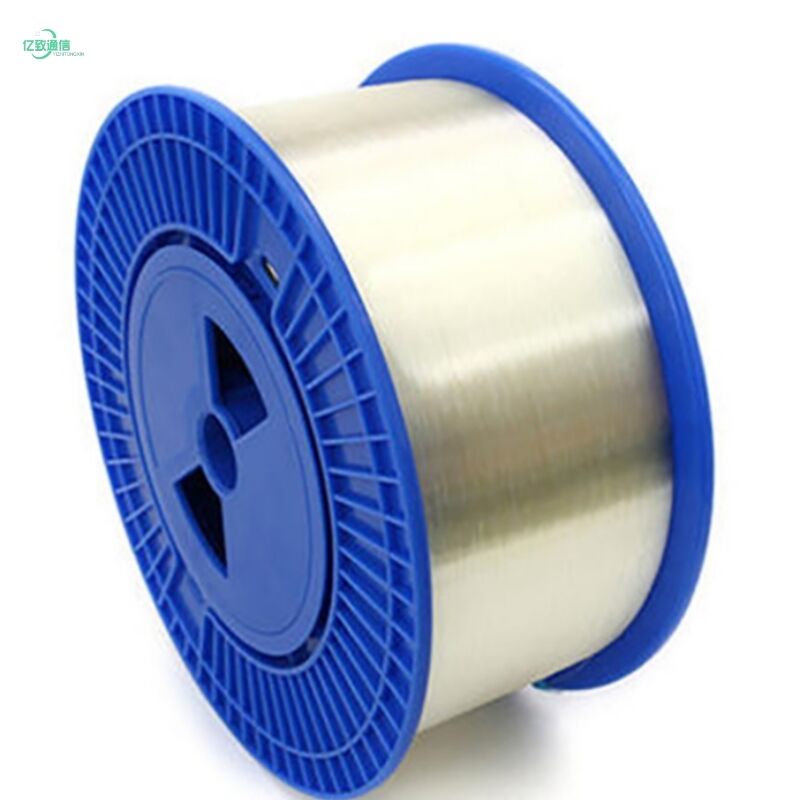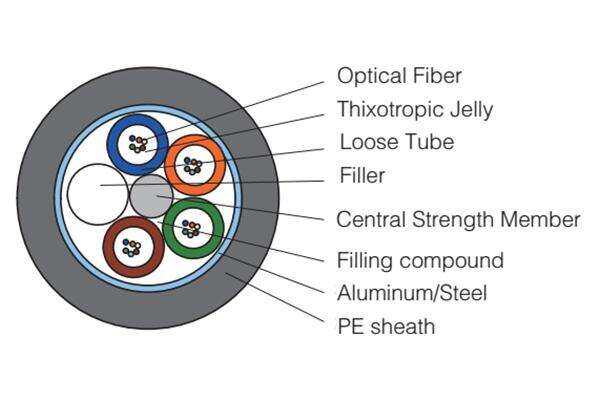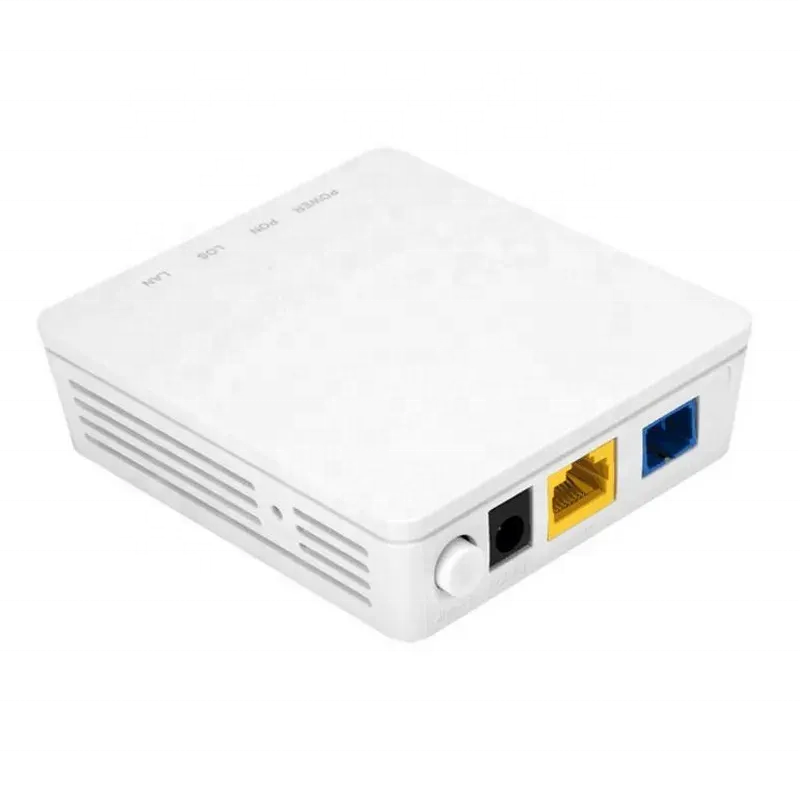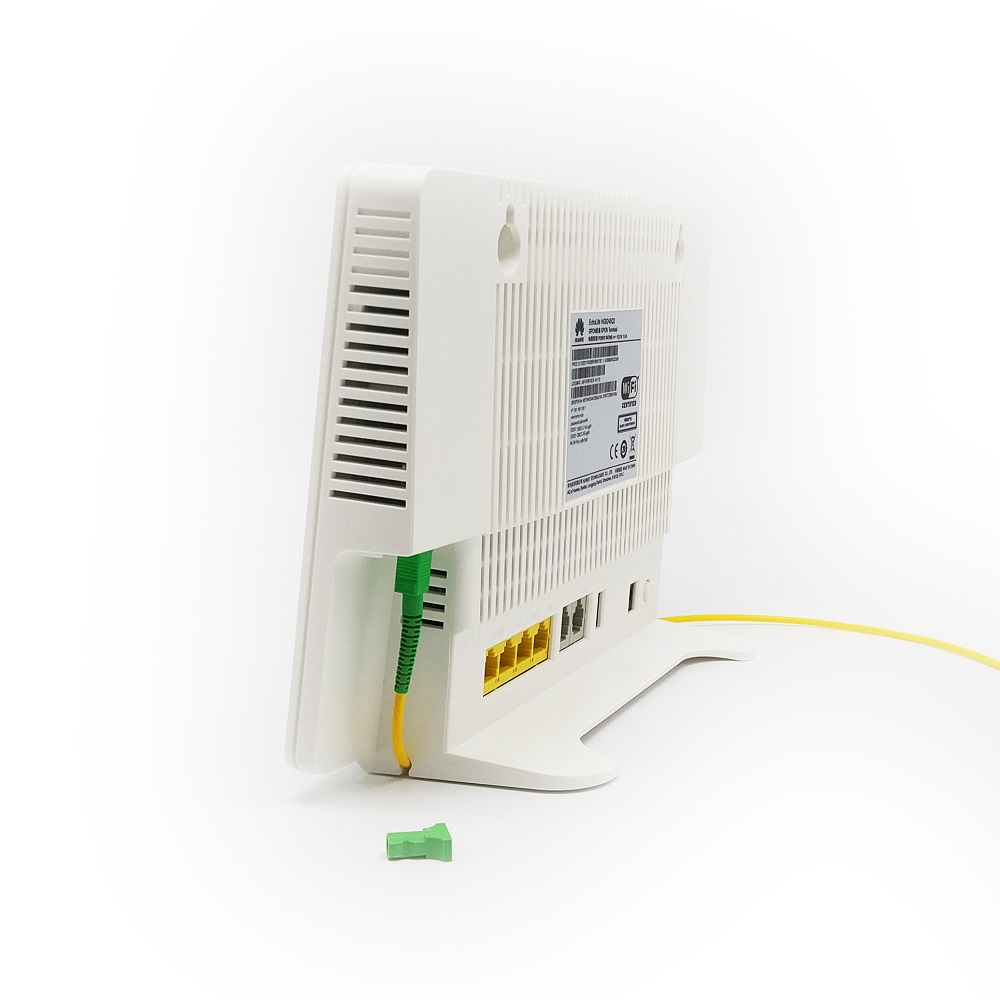fiber connector
A fiber connector serves as a crucial component in optical fiber communication systems, enabling the precise joining of fiber optic cables to establish reliable data transmission paths. These specialized connectors are engineered to minimize signal loss while maintaining optimal alignment between fiber cores. Modern fiber connectors incorporate advanced ceramic ferrules and precision-engineered housings that ensure accurate fiber positioning with tolerances measured in microns. They feature various locking mechanisms, from simple push-pull designs to threaded systems, guaranteeing secure connections in diverse installation environments. The connector's design includes protective elements that shield the delicate fiber ends from contamination and physical damage, essential for maintaining signal integrity. Available in different standard formats such as SC, LC, and FC, these connectors support both single-mode and multi-mode fiber applications, accommodating varying bandwidth requirements and transmission distances. Their construction typically involves multiple components including the connector body, ferrule, coupling mechanism, and boot strain relief, all working together to provide reliable optical signal transmission while protecting the fiber from mechanical stress.
